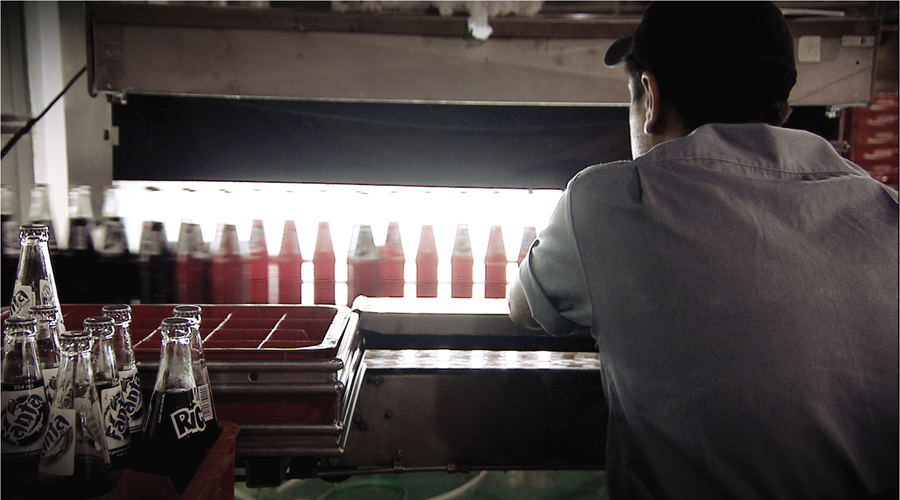
I like Coke. It tastes good and it wakes me up when I’m tired. So, I would like to think that the accusations leveled against the soft drink company in The Coca-Cola Case, a documentary funded in part by the National Film Board of Canada, are not true — but I have a bad feeling.
Cinema Politica, a Montreal-based media arts network, along with the NFB are currently touring The Coca-Cola Case across Canada, but it hasn’t been easy for them. Even before the first screening at Concordia University in Montreal, Cinema Politica was threatened with legal action from lawyers representing the soda-pop giant. So what exactly is Coca-Cola trying to stop people from viewing?
Cinema Politca’s website states that in Colombia “since 2002, more than 470 workers’ leaders have been brutally killed, usually by paramilitaries hired by private companies intent on crushing the unions. Among these unscrupulous corporate brands is the poster boy for American business: Coca-Cola.”
Understandably, Coca-Cola does not want this particular documentary to gain a significant viewership.
The film follows two American lawyers and one activist as they wage an international legal battle against Coca-Cola. Of course, in filming a documentary of this nature, there are certain risks involved. Co-director and director of photography German Gutierrez acknowledged these dangers. Fortunately, working on a film and the related exposure provided some measure of protection.
“(The) film was the security of not only the team, but also the union leaders who participate in this film because, as you know, in Colombia it is very easy to say good morning to a union leader but it is not sure you are going to see him in life next week,” said Guitierrez from The Coca-Cola Case website.
Though the film is certainly an indictment of the mistreatment of Coca-Cola employees, it also serves as a celebration of selfless activism and advocacy.
“I think people should watch this film to see very courageous people: lawyers who studied law to defend the rights of workers and not the interests of the wealthy ones, unionists who fight at the risk of their lives and activists who give all they have to fight for a cause,” said Carmen Garcia, co-director of the film.
Cinema Politica has 70 chapters in Canada and abroad. If anyone is interested in starting a chapter — which grants you access to their screening pool of over 100 political films — you can contact the website at cinemapolitica.org. Their mandate is to show films “in solidarity with those who are oppressed, those who struggle, and those who are never seen or heard in the mainstream media.”
[box]The Coca-Cola Case will play at the Broadway Theatre on Feb. 19 for one night only.[/box]– –
still image from the film, courtesy of the NFB
Leave a Reply